What are your
symptoms?
Find out more about what might
be causing your symptoms
and how we can help.
Specialist chiropractic care in the centre of Monmouth.
All services are now also available in British Sign language.
Your symptoms.
Chiropractic is a regulated primary healthcare profession. Chiropractors are trained to diagnose, treat and can help with:
I have neck pain.
Neck pain is a common complaint, it can spread across your shoulders and feel like it comes into the back of your head. Most neck pain is caused from irritation of the joints and tightness of the muscles in your neck.
The joints in your neck (facet joints) can become inflamed because you:
- Sit or stand in the same position for long periods.
- Sit or stand with poor posture (such as at a desk).
- Hold stress and tension in your neck and shoulders and / or grind your teeth.
- Have had a fall or trauma such as from a bike, horse, rugby collision or simply doing diy.
Fun Fact
Your head ways around 5kg and is perfectly balanced on your neck and shoulders. When we sit at a desk or on our phones or laptops our head is often further forward.
As this angle increases, the strain on the muscles and joints in your neck can be up to 22kg! That is the equivalent of an adult Border Collie!
This can leave you feeling stiff and achy. As Chiropractors we can help loosen the joints, get rid of the tension and give you some exercises and tips to help you improve your posture.
I have been diagnosed
with Spondylitis.
Spondylitis is an inflammatory condition arthopathy that is characterised by pain that eases with activity but not with rest. It is usually worse in the morning, making you feel stiff and achey when you get up. It is most common in the lower back and pelvis. Chiropractic can help mobilise and get these joints moving more freely, reducing the tension and irritation. We take a detailed history and do a thorough assessment to help get to the root of the problem.
Headaches and
migraines.
There are many causes of headaches and migraines. Some of the most common are:
Joint & muscles stiffness
Known as 'cervicogenic headaches' these are the most common types of headache. They are caused by irritation of the facet joints in the neck and associated muscle tight ness and often feel like a tight band across the front of the head.
Poor Posture
We all aim for good posture however long periods sat at a desk, in a car or just on the sofa in a poor posture can also cause irritation and inflammation in the facet joints.
Stress, tooth grinding &
jaw issues
Hormones
Hormonal changes, particularly in women can cause headaches and migraines. As part of your consultation we may ask you about these and use this information along side your other test findings.
Underlying Illness
Very rarely there are other underlying causes for headaches such as blood pressure issues, tumours or infections. As Chiropractors we are trained to spot the signs for these and help you get the care you need.
Joint & muscles stiffness
Known as 'cervicogenic head- aches' these are the most common types of headache. They are caused by irritation of the facet joints in the neck and associated muscle tight- ness and often feel like a tight band across the front of the head.
Poor Posture
We all aim for good posture however long periods sat at a desk, in a car or just on the sofa in a poor posture can also cause irritation and inflammation in the facet joints.
Stress, tooth grinding &
jaw issues
Stress and tension can cause tightness in the muscles of your neck and shoulders, re- ferring pain into your head. This pain is often felt in the temples. Bruxism (tooth grinding) and jaw clenching as a result of stress can also cause headaches. Stress can slow your bodies healing time by upto 30%.
Hormones
Hormonal changes, particularly in women can cause headaches and migraines. As part of your consultation we may ask you about these and use this information along side your other test findings.
Underlying Illness
Very rarely there are other underlying causes for head- aches such as blood pressure issues, tumours or infections. As Chiropractors we are trained to spot the signs for these and help you get the care you need.

